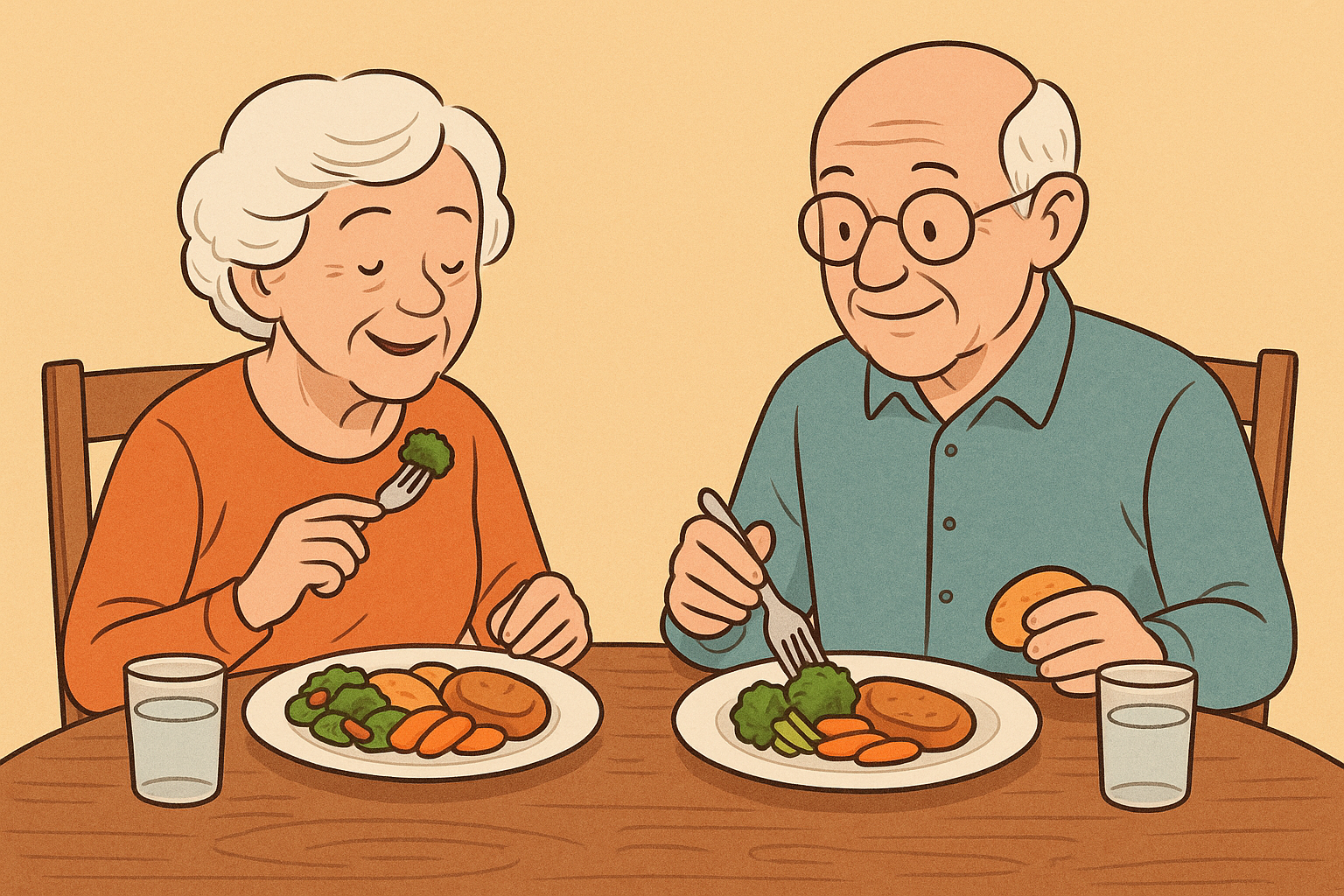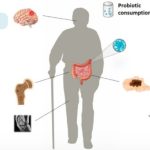As we age, digestion naturally slows down due to changes in metabolism, muscle tone, and gut microbiota. This can lead to discomfort, bloating, and even nutrient deficiencies if not managed properly. However, adopting specific dinner habits can greatly ease the digestive process for elders, helping them feel lighter, healthier, and more energized. Here are key strategies to promote better digestion at dinnertime:
1. Opt for a Light, Early Dinner
Heavy meals late at night can tax an aging digestive system. Eating dinner at least 2–3 hours before bedtime gives the body time to process food before sleep. A lighter meal with moderate portions prevents overwhelming the digestive tract and reduces the risk of acid reflux or indigestion.
Tip: Aim to finish dinner by 7 PM whenever possible.
2. Prioritize Easily Digestible Foods
Elders should favor foods that are gentle on the stomach. Soft-cooked vegetables, lean proteins like fish or chicken, and whole grains such as oatmeal or quinoa are excellent choices. Avoiding hard-to-digest items like fried foods, heavy creams, and excessive red meat can ease the digestive load.
Tip: Soups and stews are ideal—they’re hydrating, nutrient-dense, and easy to digest.
3. Chew Thoroughly
Chewing is the first step in digestion. With age, dental issues can also make proper chewing more challenging, but it remains essential. Thorough chewing breaks down food, mixes it with saliva, and signals the stomach to prepare for digestion.
Tip: Encourage slow eating and mindful chewing—ideally about 20–30 chews per bite.
4. Stay Hydrated, But Wisely
Drinking water throughout the day is crucial for digestion, but large quantities during meals can dilute stomach acids, slowing digestion. A few sips during dinner are fine, but it’s better to hydrate well before or after the meal.
Tip: Herbal teas like ginger or peppermint post-dinner can aid digestion naturally.
5. Incorporate Probiotics and Fiber
Probiotics (found in yogurt, kefir, or supplements) help maintain a healthy balance of gut bacteria, vital for efficient digestion. Fiber promotes regular bowel movements, but it should be introduced gradually to avoid bloating.
Tip: Add a small side of yogurt or a handful of berries to the dinner plate.
Conclusion
Small, consistent changes to dinner habits can significantly enhance digestion for elders. Prioritizing simple, wholesome foods, eating earlier, staying mindful while eating, and encouraging gentle movement can lead to better digestion, improved sleep, and a greater sense of well-being.



